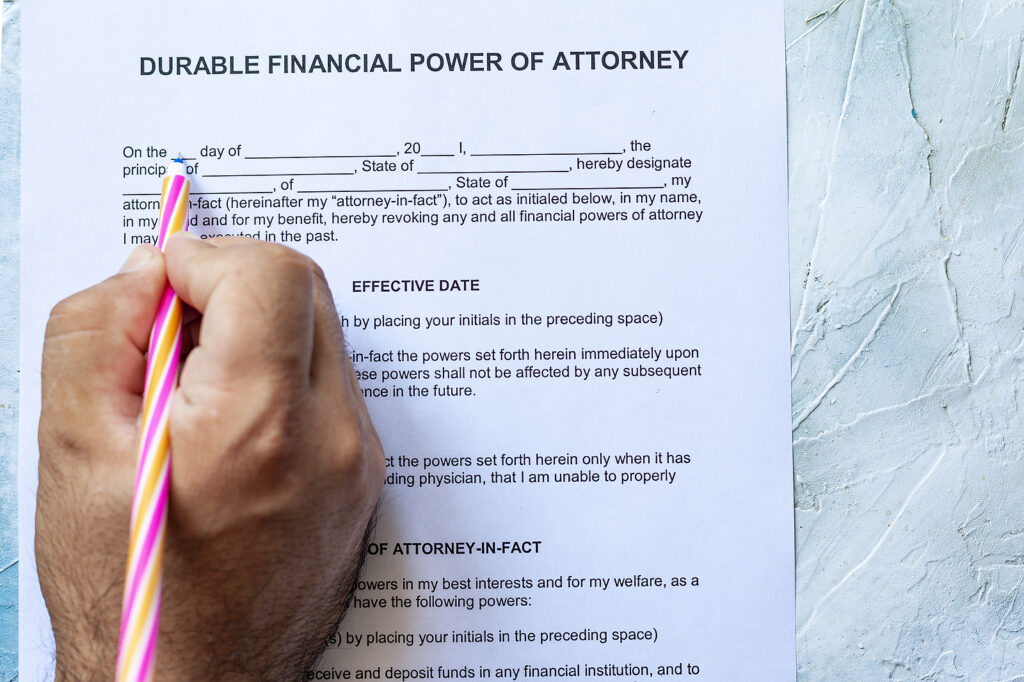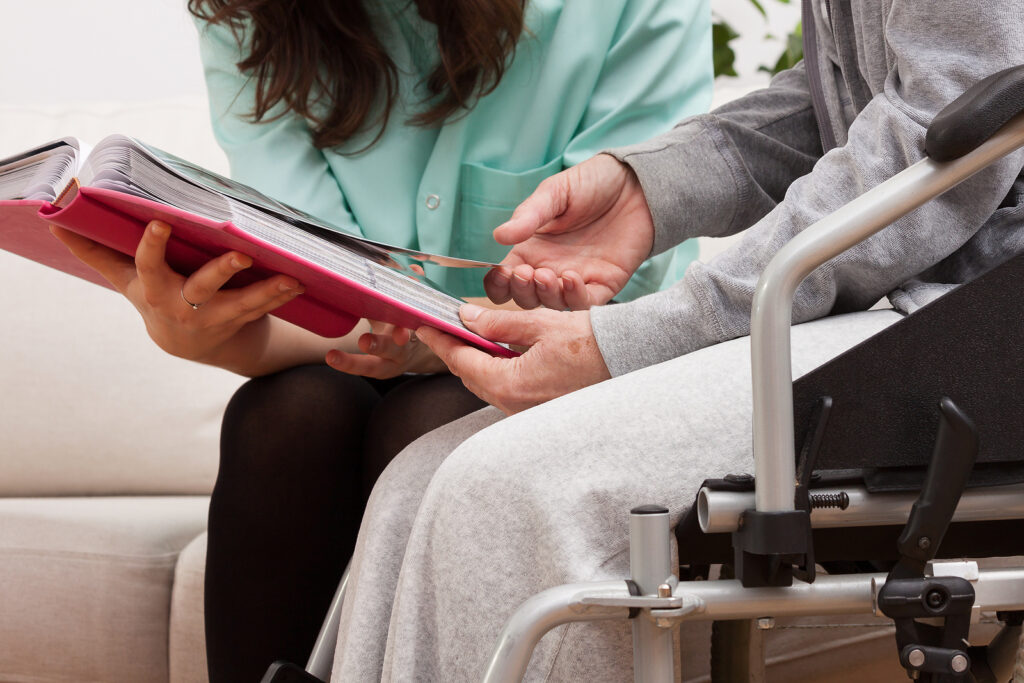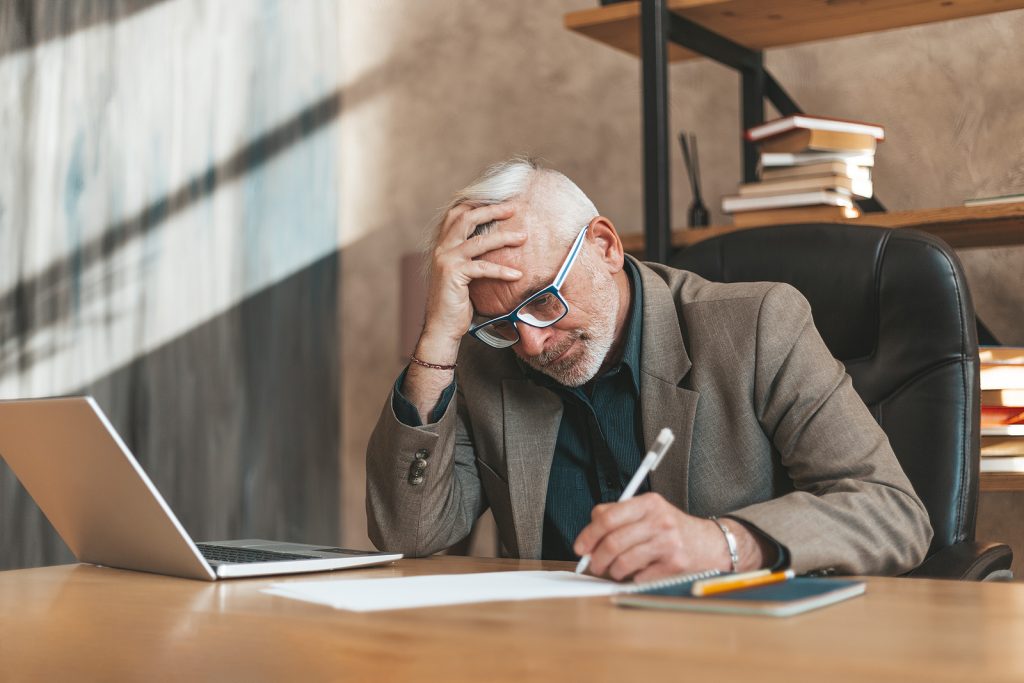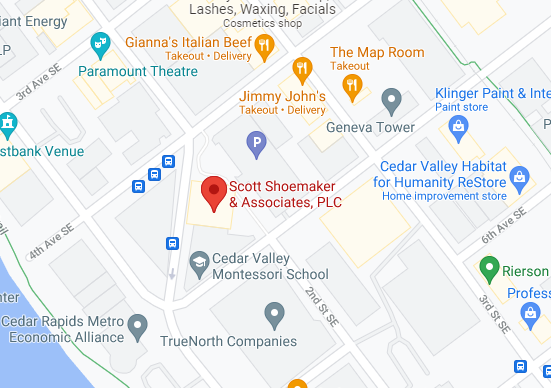It is impossible to overstate just how much we owe to our parents and our grandparents. Without them, we would never have a chance to experience life, love, and all the things in between. As it tends to play out, we greatly rely on our parents and grandparents throughout the first half of our lives, especially when we are young.
But as we get older, so do they. As you watch a loved one get older, you may start to notice signs that they aren’t able to take care of themselves to the fullest extent. This can be a very concerning experience, especially in cases where a parent or grandparent refuses to admit that their ability to function on their own is declining.
When an elderly loved one is no longer able to take care of themselves on their own, it is time to start considering other options. Many people are against sending an elderly loved one to a live-in care facility. Thankfully, they are far from the only option. One option we’ll explore today is guardianship. We’re looking at signs that an elderly loved one may need a guardian, how you would prove the need for a guardian to the court, and what duties come with being a guardian.
What Are Signs That an Elderly Loved One May Need a Guardian?
Only in the rarest of cases will you ever have an elderly loved one tell you that they think they need a guardian. It isn’t impossible for an elderly individual to have the self-knowledge and ability to admit that they aren’t able to care for themselves properly. Still, it rarely ever plays out this way.
It is far more common for elderly loved ones to deny they need a guardian and to try to make it seem like they can handle everything themselves. For some people, it is simply a lack of perspective. For others, they feel like they would be a burden if they were to admit they were having issues, while others feel like it is insulting to suggest as much.
This means that it is up to us to keep an eye on our elderly loved ones in case they start showing signs that they may need a guardian. Signs can come in many different forms, so what is a sign for one individual may not be relevant to the next. However, the most common signs that an elderly loved one may need a guardian can be divided into one of three categories:
- Financial: Financial signs may be hard to recognize, as many people keep their finances personal. Signs that an elderly loved one isn’t managing their finances very well could be that they no longer have the funds to visit family members like they typically do. Other signs could be that they are having difficulty keeping up with their bills, disconnected power, cell phone plans, or the like are all signs that your elderly loved one is not managing their financial well-being properly.
- Mental: The most common sign that an elderly loved one may need a guardian is forgetfulness. Forgetfulness doesn’t sound particularly harmful until you remember what happens should they forget to turn off a stove. Other signs of mental decline may include anxiety, depression, and confusion.
- Physical: As we get older, our bodies get harder to move, and functioning correctly sometimes feels like a roll of the dice. If an elderly loved one is having difficulties moving, they then will suffer from a lack of exercise and could have problems with cleaning, bathing, eating, and the like. They are also more likely to avoid going out since it takes so much out of them, and this can result in mental decline as loneliness is linked to anxiety, depression, and worse.
How Do You Prove That an Elderly Loved One Needs a Guardian?
It is not enough to suspect that an elderly loved one needs a guardian. It is also your responsibility to prove that they do. Assigning somebody a guardian has the negative effect of reducing that individual’s personal freedoms. The court doesn’t want to limit a person’s freedoms unless it is absolutely necessary, so it falls on you to prove that your elderly loved one does need a guardian (unless they consent to it themselves, which can make the process more manageable).
The best way to prove that an elderly loved one needs a guardian is through documentation. Medical records can show issues like brain disease or that your loved one is physically incapable. Financial records can be used to demonstrate cognitive decline and the need for another set of eyes. Expert testimony can even be used to help reinforce your argument.
What Duties Does a Guardian Have?
A guardian has a duty of care toward the individual they are looking after. This means that they have a duty to think about the needs of their elderly loved ones and to provide for those needs to the best of their ability.
Such duties may involve making important decisions such as:
- Where the individual will live
- What needs to be done to ensure they are staying healthy
- Helping them to build a better budget
- Assisting with keeping them on budget
- Arranging recreational activities
- Helping them keep in touch with loved ones.
There are a lot of duties involved in being a guardian. At their core, however, they all share one goal: to offer additional support to those who need it.
Should I Speak to an Attorney?
If you think that an elderly loved one may need a guardian, it is a good idea to speak to an experienced attorney about the matter. They’ll be able to provide you with information and advice based on the unique circumstances of your situation, which means that they’ll have much better advice than anything you’ll find online. It’s always better to speak to a real professional when it comes to legal matters since there is any number of elements that could drastically alter your case from the next person’s.








